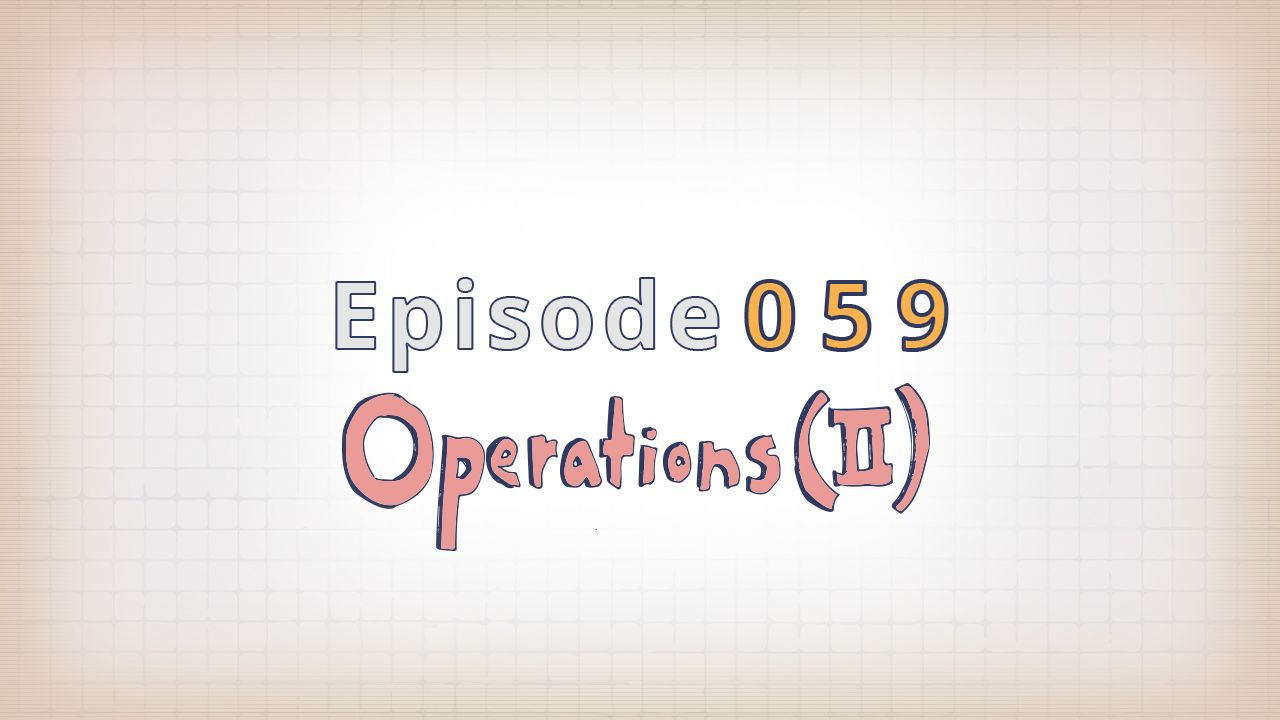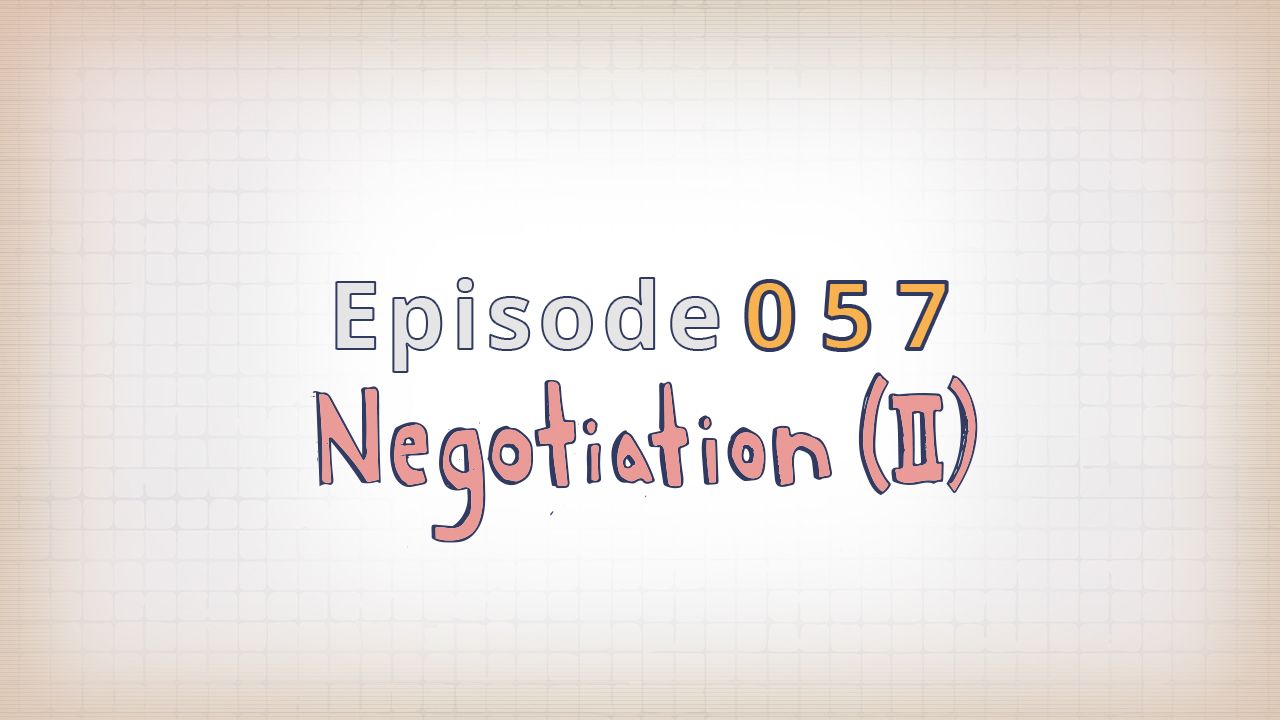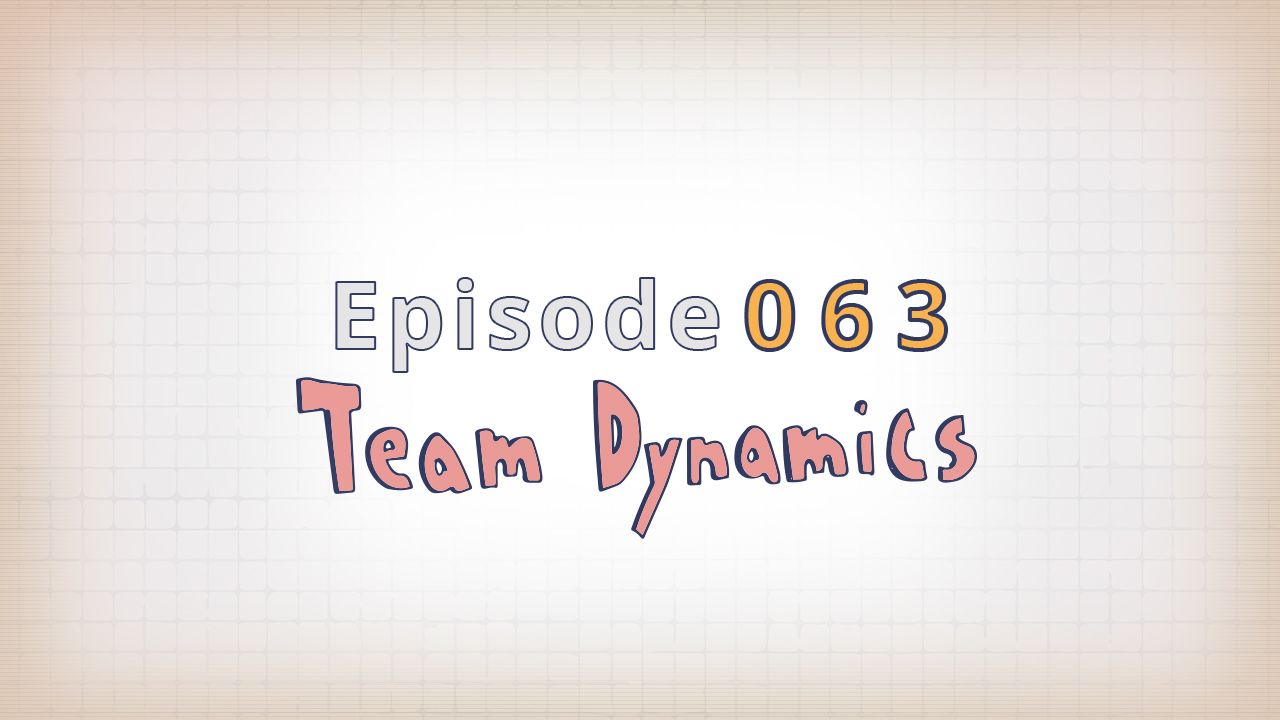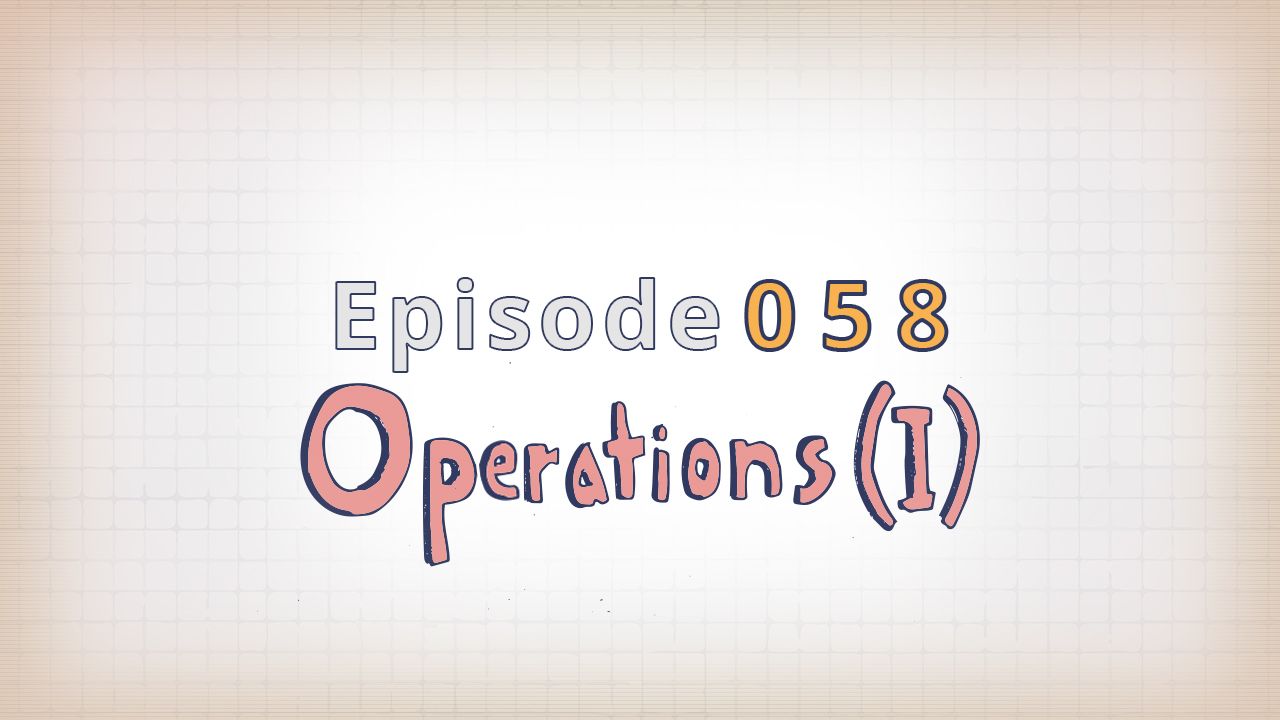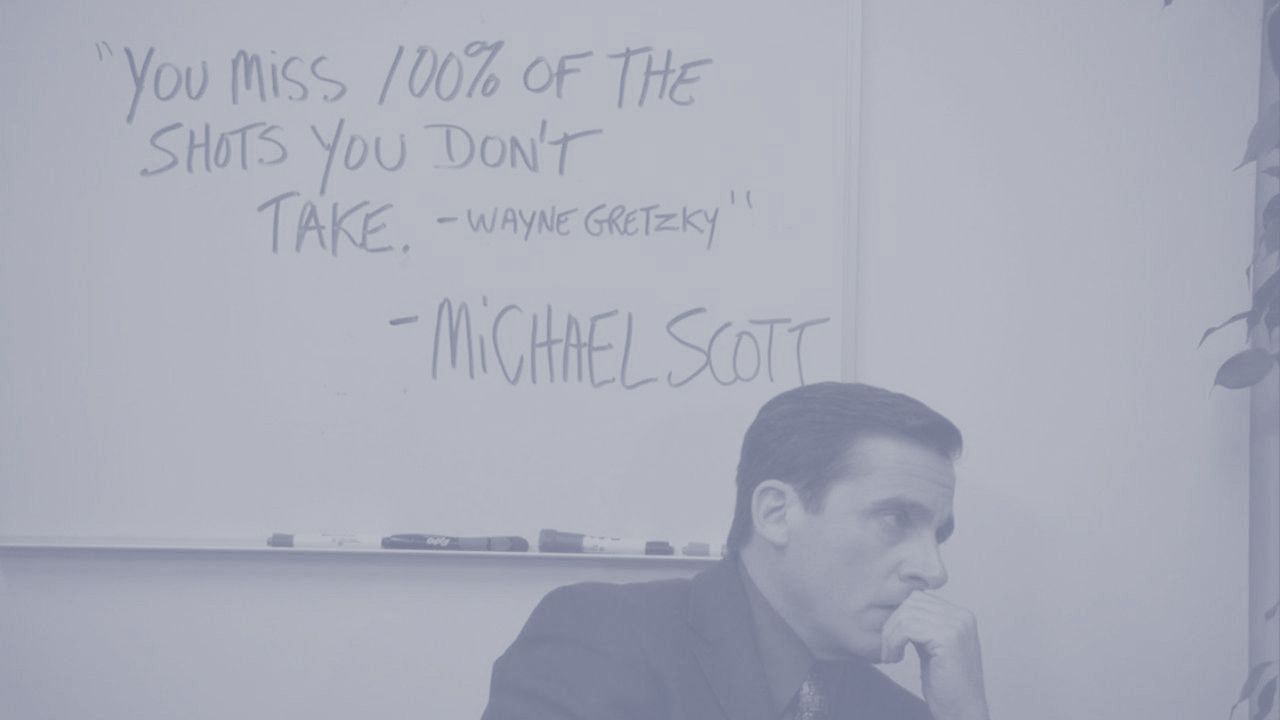054: MBA - Intro
Curious what people learn in b-school?
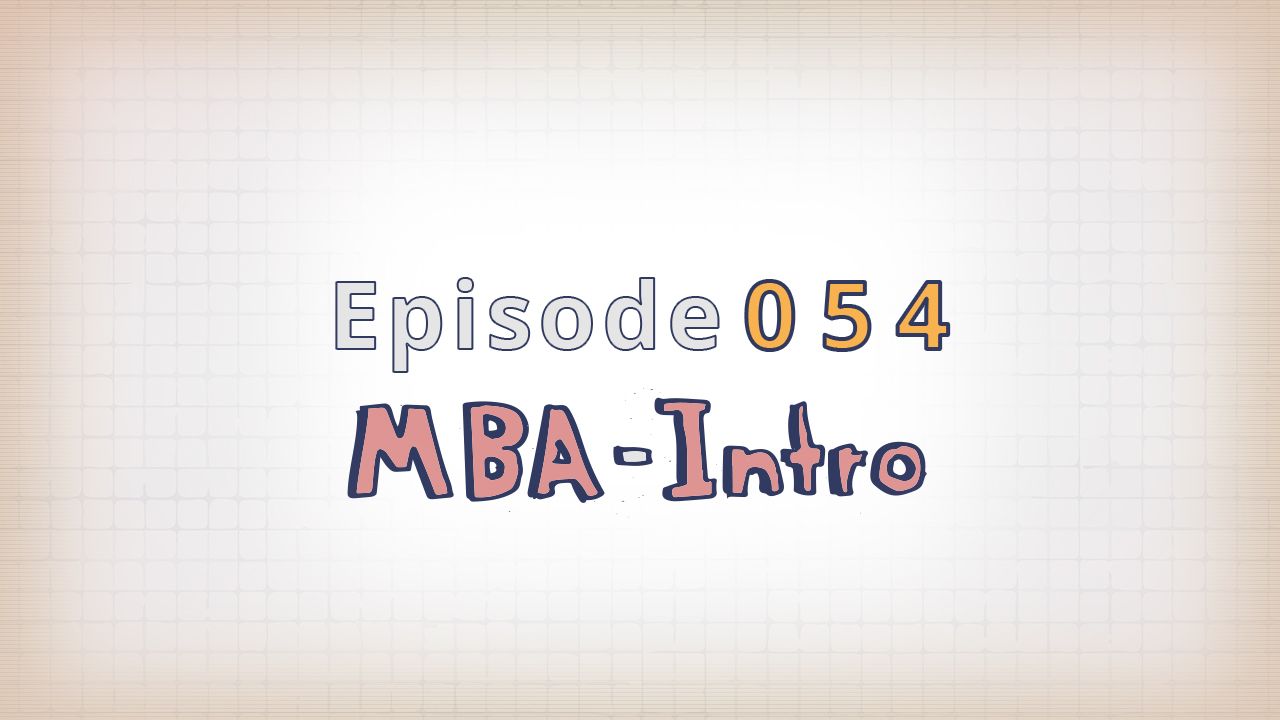
Over several episodes, I'll discuss some of what I learned at MIT-Sloan*.
Expect a mix of practical takeaways, curated links, illustrated comic-book-style graphs, and heady academic theory (sans jargon). Zero tuition required.
* Opinions and perspectives my own


I'll aim to demystify parts of the MBA experience and explore how certain ideas have wide applicability far beyond the traditional business world.
Who this series is for
Maybe you've kicked around the idea of making a career shift, and you've heard that people go to b-school to do that.
Perhaps you just want to decipher more impenetrable office jargon.
Or maybe you're just curious to hear my personal take on the state of modern "management education".
Either way, you've come to the right place!
Why I'm sharing this
I think every person should have free access to foundational knowledge: Finance, operations, negotiation, org design, pricing etc.
These subjects are timeless and widely relevant, no matter your profession.
Over the next few months, I'll explore concepts like throughput, time value of money, and ZOPA.
I promise they're far more intuitive and transferable than they sound 😬

Things people say
About MBA programs :
"You probably know how to invest / make money / sell."
"Argh. Untethered capitalism is destroying the world."
"Can't you just learn everything online now for free?"
All valid perspectives.



Still, none feel exactly right.
My experience at Sloan was challenging, intimidating, and valuable.
I met hundreds of smart, hardworking, ambitious people from around the globe. Some of them became close friends (and Fire Jar collaborators).

What do people learn?
Three secrets to business success 🤫
- Speak constantly about "pivots" and "innovation"
- Show only charts that go up and to the right*
- Support every claim using exactly three points
* And if they don't, just reverse one axis 📈



My actual view of b-schools
MBA programs teach a very specific way of thinking in systems :
🔬 Decompose problems into component parts
⚙️ Apply logic to common issues
📊 Maximize specific objectives
It's a useful way of thinking.
But it's not a panacea.
And it comes with potential blinders.
Limitations :
Many things cannot be neatly categorized or reduced to knowable parts.
Organizations are run by humans, who are prone to error and shaped profoundly by relationships, narrative, incentives, and serendipity.
Also, there are many legitimate objectives beyond profit optimization or efficiency.



MBA experiences vary quite widely, as students prioritize totally different things.
People always ask me:
"Is it worth it?"
I think so. But it's still early to tell.
Some of the value of the degree has already revealed itself in surprising ways. I expect much more to emerge over time.
My honest (unsatisfying) response:
"Ask me again in ~30 years."



Next steps
The exact topics and order of this series are still TBD.
What would you like to hear about?
Send requests / feedback!
Email me
📬

📚
Update!
The MBA series is live (and ongoing) :

